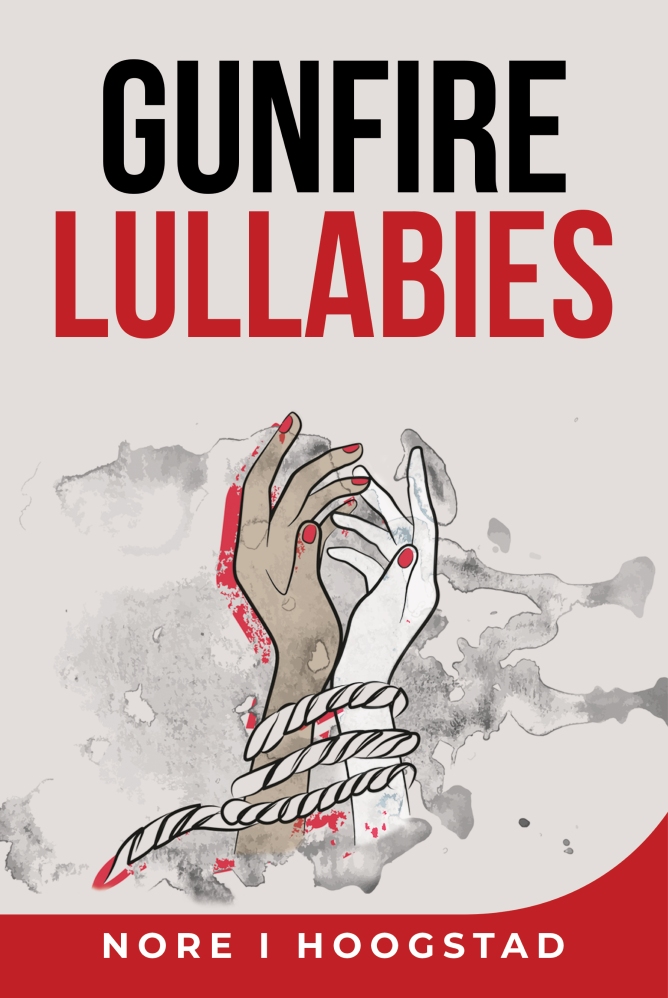In this piece I wrote for Women With Altitude, I talk about what it was like coming home from a turbulent overseas posting where people had to fight for their basic human rights to a seemingly complacent Australia. Since then I have watched our rights being eroded. We cannot take these things for granted.
Category Writing Tips
Gunfire Lullabies reviews
From boredom to creativity
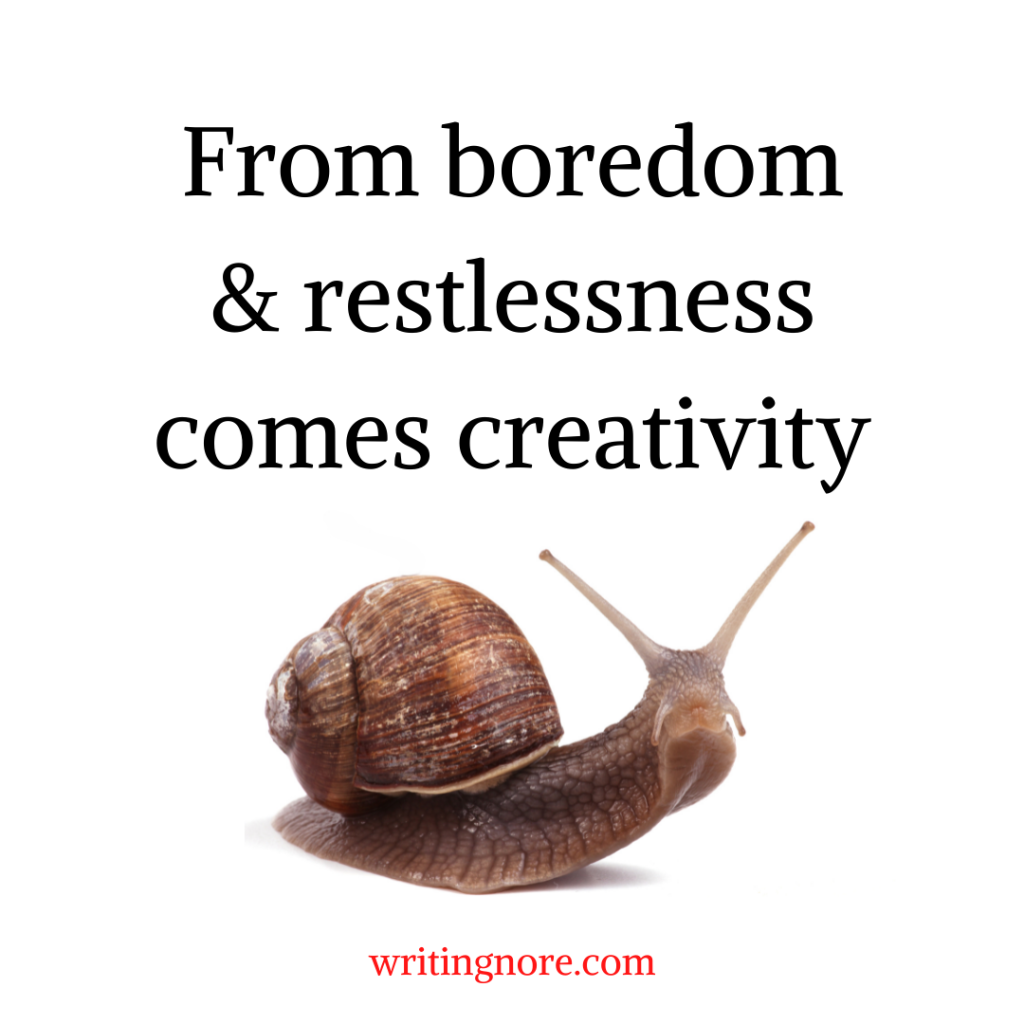
When you have lots to do, do nothing, feel bad about it, but out pops something really creative, you realise that sometimes creativity requires boredom, restlessness and doing nothing because in the background, your brain needs the space to come up with something new.
Trust your processes, creators.
Find out more about Gunfire Lullabies, writing and me in these podcasts, interviews and features!
The Empty Page podcast
Find out about my writing and publishing process for Gunfire Lullabies? Click here to hear my interview with Gavin Miller and The Empty Page podcast. Lots of fun.
Talking Aussie Book podcast
Learn more about the origin of Gunfire Lullabies on this podcast interview I did with Claudine Tinellis on Taking Aussie Books. Great in depth questions.
Ten Terrifying Questions with Booktopia
Booktopia asked me Ten Terrifying Questions revealing more about the person behind the novel. Check it out here.
AJC Publishing Author Interview
Read a different angle on Gunfire Lullabies and my writing process here.
The Australian Financial Review Weekend story
I wrote a piece for the Fin Review charting my journey from diplomat to novelist. Read it here.
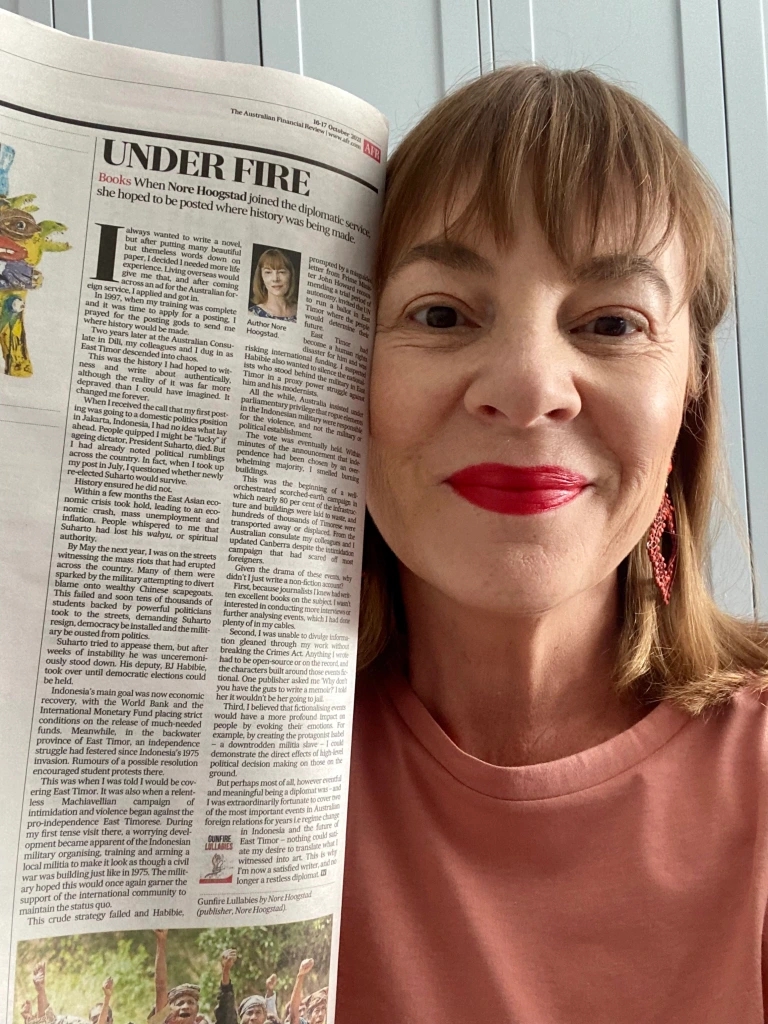
For more interviews, check out my media page!
Just click here 🙂
Writing – Should you pick up where you left off or start over?
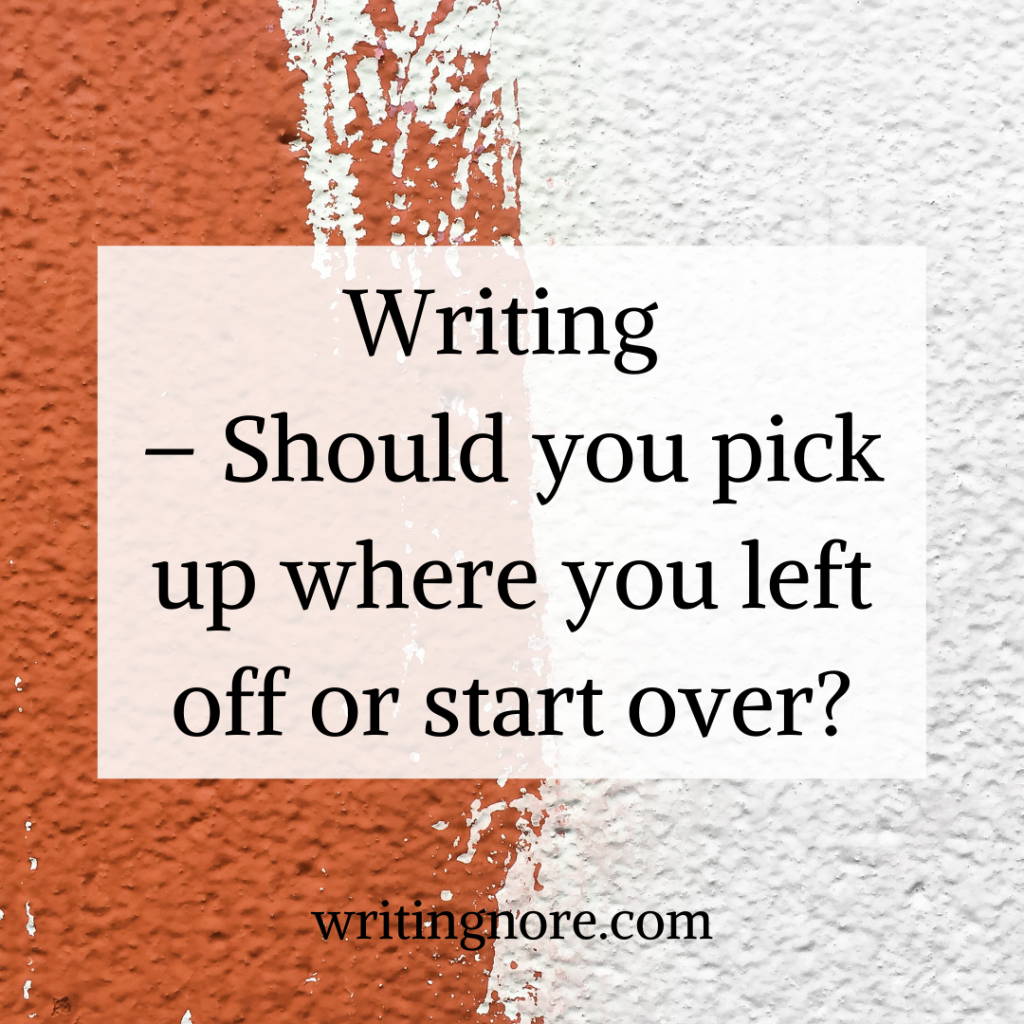
My second novel is 40,000 words in. I began writing it in 2010, and since then have added sections in spurts, mainly in 2017.
In 2022, 11 years on and 5 years since I last added anything significant, I’m determined to finish a solid first draft.
But should I start again?
An old friend of mine wrote an award-winning novel in two parts, and they read very differently. I liked the second half much more than the first, and didn’t feel it worked to have two markedly varied styles in the same book (yet clearly others didn’t mind).
Some things I’m considering:
- My writing has evolved, significantly improving since 2010 and 2017 (you’d hope so!)
- While the story line is the same, the theme has deepened to consider current events
- I was never happy with the voice of the main child character. For me, voice takes several drafts to get right, so this may not require me to start over. Hmm…
- Yet I also feel I know the main character better, who is inspired by my parents and some of their experiences during WW2
- I’m wondering if I should change the point of view to more authorial, from one person to two or more. But this has always been a dilemma I’ve needed to act on
- It’s a bit of a mess because I’ve written it in fits and starts
I think the answer is clear for me. I need to ditch the other work out and begin again. I also did this with my published novel, Gunfire Lullabies, which I wrote in three very different drafts. This came to me after having heard about process writing The Narrow Road to the Deep North, which I still thought was quite fractured.
My main reason?
- The theme – The other aspects I can correct with some rewriting / editing, but having an altered theme changes everything – syntax, style, plot, point of view and character even, as I now want them to represent something additional
What’s your experience of picking up a story you’ve partly finished?
An interview on the evolution of Gunfire Lullabies
I was interviewed by Andrea Barton of Brightside Story Studio about my recently released novel, Gunfire Lullabies.
Andrea is an editor I hired during the latter stages of my novel’s development, and I can highly recommend her work.
The article begins like this, but you can read the full interview here…
“With her background as an Australian diplomat based in Indonesia and East Timor, Nore is ideally placed to write about East Timor’s independence struggle. Her debut novel places two female characters against the background of this political maelstrom. Join us as we discuss the evolution of Gunfire Lullabies.”
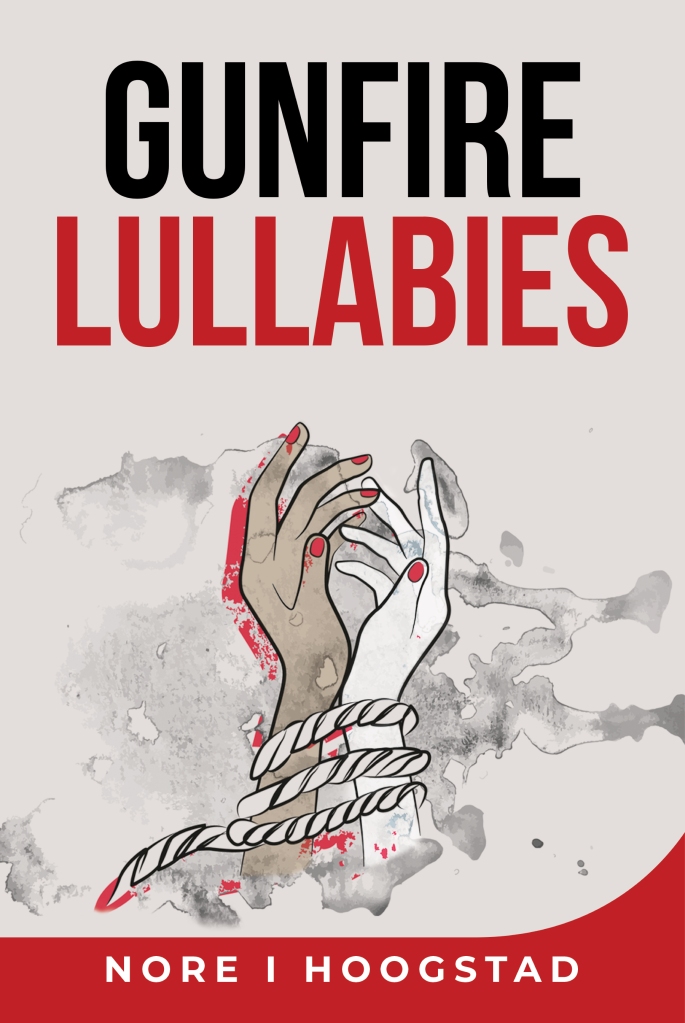
Family Haiku
Tomorrow is an anniversary for one of my parent’s deaths.
Tonight I was watching TV and saw pieces of driftwood being hauled into the sea. It sparked memories of holidays and a driftwood keepsake my father kept as a memento.
I wrote a haiku for his funeral, and here’s another one on the eve of his death anniversary. It’s interesting how the smallest images or smells or sounds can make you remember.
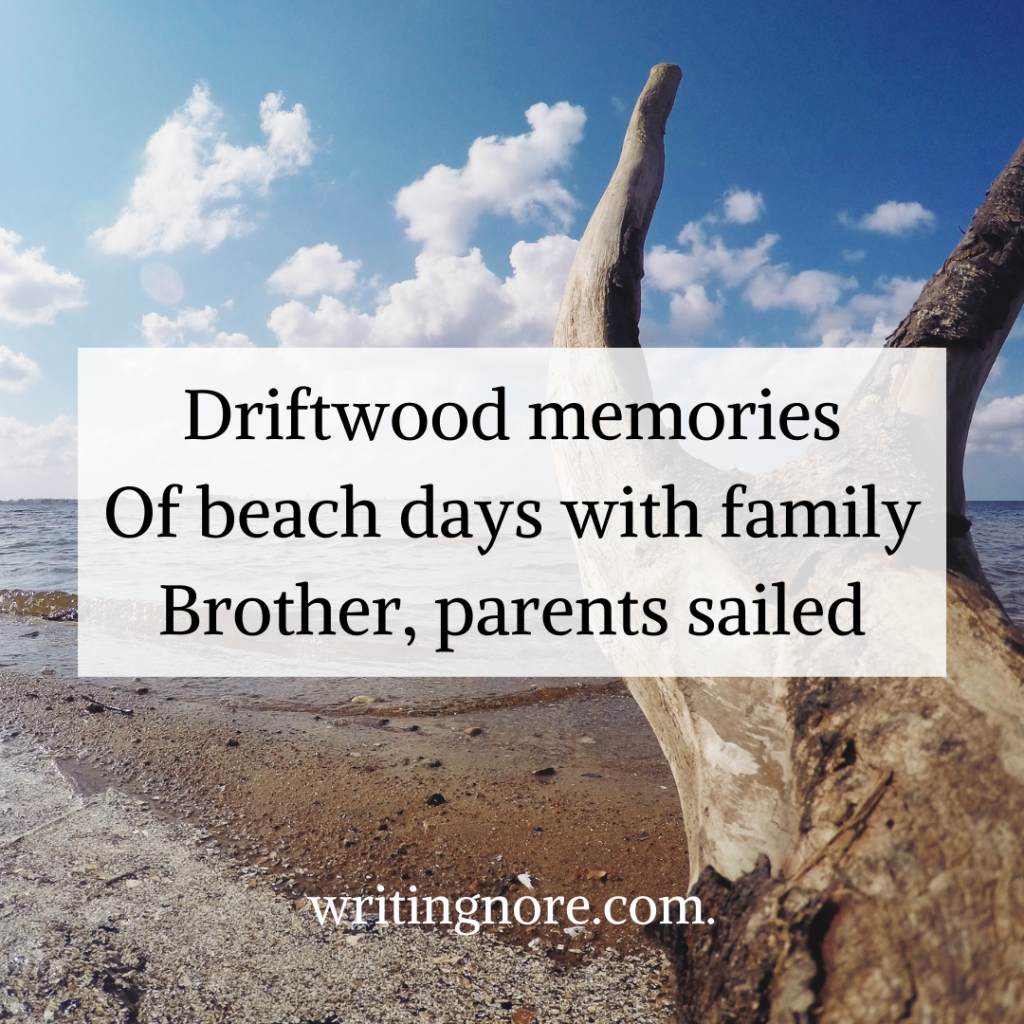
Remember the Nuremberg Code

- The voluntary consent of the human subject is absolutely essential.
This means that the person involved should have legal capacity to give consent; should be so situated as to be able to exercise free power of choice, without the intervention of any element of force, fraud, deceit, duress, over-reaching, or other ulterior form of constraint or coercion; and should have sufficient knowledge and comprehension of the elements of the subject matter involved, as to enable him to make an understanding and enlightened decision. This latter element requires that, before the acceptance of an affirmative decision by the experimental subject, there should be made known to him the nature, duration, and purpose of the experiment; the method and means by which it is to be conducted; all inconveniences and hazards reasonably to be expected; and the effects upon his health or person, which may possibly come from his participation in the experiment.
The duty and responsibility for ascertaining the quality of the consent rests upon each individual who initiates, directs or engages in the experiment. It is a personal duty and responsibility which may not be delegated to another with impunity. - The experiment should be such as to yield fruitful results for the good of society, unprocurable by other methods or means of study, and not random and unnecessary in nature.
- The experiment should be so designed and based on the results of animal experimentation and a knowledge of the natural history of the disease or other problem under study, that the anticipated results will justify the performance of the experiment.
- The experiment should be so conducted as to avoid all unnecessary physical and mental suffering and injury.
- No experiment should be conducted, where there is an a priori reason to believe that death or disabling injury will occur; except, perhaps, in those experiments where the
experimental physicians also serve as subjects. - The degree of risk to be taken should never exceed that determined by the humanitarian importance of the problem to be solved by the experiment.
- Proper preparations should be made and adequate facilities provided to protect the experimental subject against even remote possibilities of injury, disability, or death.
- The experiment should be conducted only by scientifically qualified persons. The highest degree of skill and care should be required through all stages of the experiment of those who conduct or engage in the experiment.
- During the course of the experiment, the human subject should be at liberty to bring the experiment to an end, if he has reached the physical or mental state, where continuation of the experiment seemed to him to be impossible.
- During the course of the experiment, the scientist in charge must be prepared to terminate the experiment at any stage, if he has probable cause to believe, in the exercise of the good faith, superior skill and careful judgement required of him, that a continuation of the experiment is likely to result in injury, disability, or death to the experimental subject.
[“Trials of War Criminals before the Nuremberg Military Tribunals under Control Council Law No. 10”, Vol. 2, pp. 181-182. Washington, D.C.: U.S. Government Printing Office, 1949.]
Two publishing offers and the decision to self publish

A couple of years ago I received two publishing offers for my fiction manuscript, Gunfire Lullabies. Can you imagine my joy? I’d slaved over this this book to get it to a high standard, and after considerable interest but no final offer with other publishers, my book and writing was finally about to be formally realised.
One offer was with a small independent publisher and the other was with a more academic publisher, but with restricted conditions. I decided to go with the first offer, even though I’d checked them out and had a few concerns.
After dilly dallying for 18 months, which included months of no communication at all, and missing the golden opportunity to publish my book on the 20th anniversary of the East Timor independence ballot during which it’s set, the publisher pulled out. This was despite a legal opinion from Australia’s top publishing barrister that my novel was good to go.
My disgust and relief were palpable. It was like escaping an abusive relationship. My gut feeling about this publisher had been spot on, which is far easier to say in hindsight.
I decided to do another line edit that took my novel to a new level and sent it to an agent who was a contact of several published writers I knew. This was a mistake as they had a commercial focus, and my book is crossover literally–commercial. Their response was, shall we say, discordant.
I could have gone back to publishers previously interested in my novel or taken it to others. But I asked myself what did I really want?
The answer was creative control. In the end, it’s simple when you work out what your one priority is.
I’m confident about my novel and don’t want to cut out a character, component or the entire literary element to reduce the word count from 113,00 down to 90,000. I couldn’t bare to receive yet another, may I say divergent opinion on one character or another, or to wait to find out whether someone finds my writing style either beautiful or too something or other. You get the idea. I’m not new to the writing game, and while editors’ and agents’ opinions may be informed by professional experience, they’re nonetheless subjective and vary wildly. And really, you could go on perfecting and altering a manuscript or painting for a lifetime.
So I came the decision to self publish. I’d considered it before, but had previously associated it with failure. These days, many formally published authors are making this same decision for some or all of their work for similar reasons as above.
In part this may be because self publishing is not what it used to be. I’ve watched it develop into a big industry featuring unlimited distribution possibilities and a multitude of support options that didn’t exist even 5 years ago. While competition is fierce and the marketing side feels daunting right now, what doesn’t in the beginning?
In the end, it’s time for me to birth my baby so that others can read my story; it’s time for me to finally hold a copy of my book with my name on the cover in my hands.
We were young again

It was summer again today. The sun burned the clouds and dew and mist away, and the people lay on the white sand and frolicked in the waves and laughed, and cars cruised by playing loud music and there was beer and fish and chips. And or a brief moment, everyone who’d lost their jobs, held fears for their future, couldn’t get supplies or was working from home, forgot. For a moment, the world was young again.
